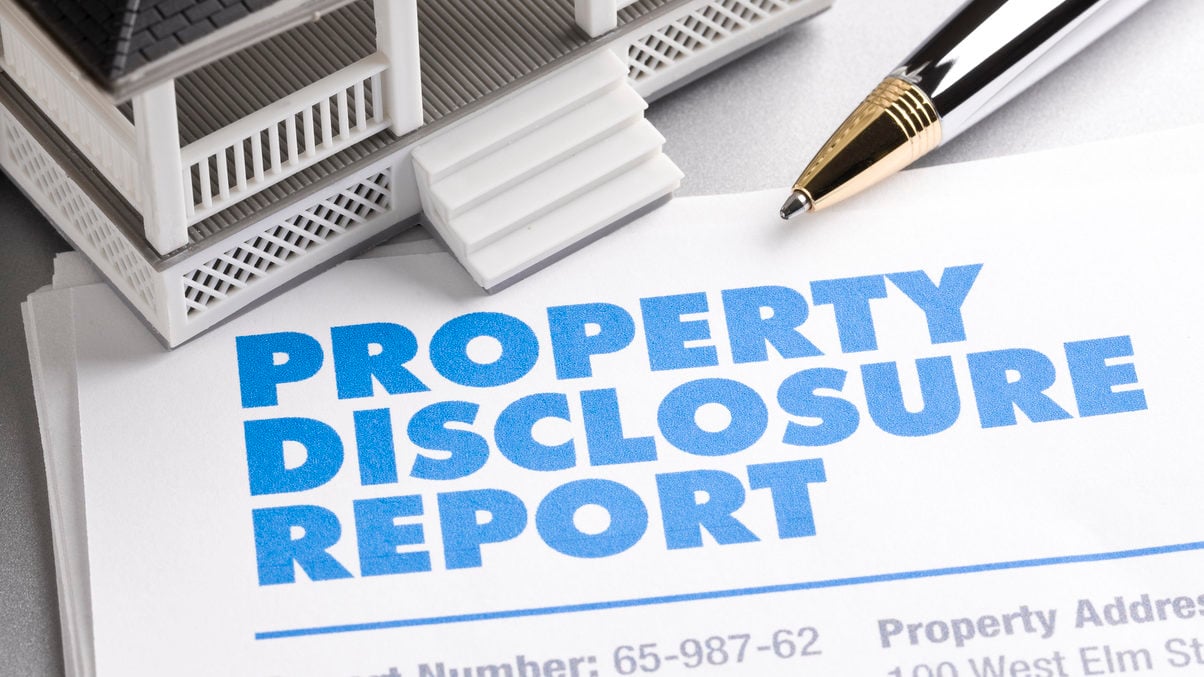Disclosure: The action of making new or secret information known.
This is an important word in real estate. The idea is, “if you know, you must disclose.” Real estate disclosure statements, which can come in a variety of forms, are the buyer’s opportunity to learn as much as possible about the property and the seller’s experience in it. Potential seller disclosures range from knowledge of leaky windows to work done without the benefit of a permit, to information about a major construction or development project nearby. Not only do disclosure documents serve to inform buyers, but they also can protect sellers from future legal action. it is the seller’s chance to reveal anything that can negatively affect the value, usefulness or enjoyment of the property.
When buying a home, you have the right too know anything negative that might affect your decision to purchase it. As a seller, you have the obligation to tell the buyer those negative facts. For instance, if the roof leaks, the seller may not paint over the spit in the ceiling and simply not tell the buyer. However, the seller can not disclose what he doesn’t know. With most real estate contracts, the buyer has the right to inspect the property.
What to disclose? Probably the No. 1 concern is lead paint. All paint before 1978 has lead in it. Lead can be found in homes, apartments, townhomes and public housing. It can be found inside and outside of a home. Lead based paint can pose serious health hazards. Sellers must disclose to buyers any known information on lead based paint. When a home is sold that was built before 1978, it must include a disclosure explaining the danger. You can learn more at epa.gov/lead.
In Virginia, we have the Virginia Residential Property Disclosure Act requiring Realtors to inform all buyers and sellers of their rights and obligations under the act. The required forms cover a long list of items that, “if known”, must be disclosed. Your Realtor can explain this to you.
Did you know about defective drywall that contains volatile chemicals identified with emissions of sulfurous gases? Are you aware radon is a naturally-occurring radioactive gas that can cause lung cancer? Radon gas is inert, colorless and odorless, and can be found in any home. These are just two examples that require disclosure.
Disclosure documents are provided to buyers once the seller has accepted their offer. In addition to their inspections or loan contingency, the buyer has an opportunity to review the seller’s disclosures. If the buyer discovers something negative about the property through disclosure, he or she can usually back out. Disclosures can be confusing, but rest assured, your Realtor knows the ropes and can explain it all to you.
Whether you’re a buyer or a seller, trust your Realtor to be sure you’re covered.


